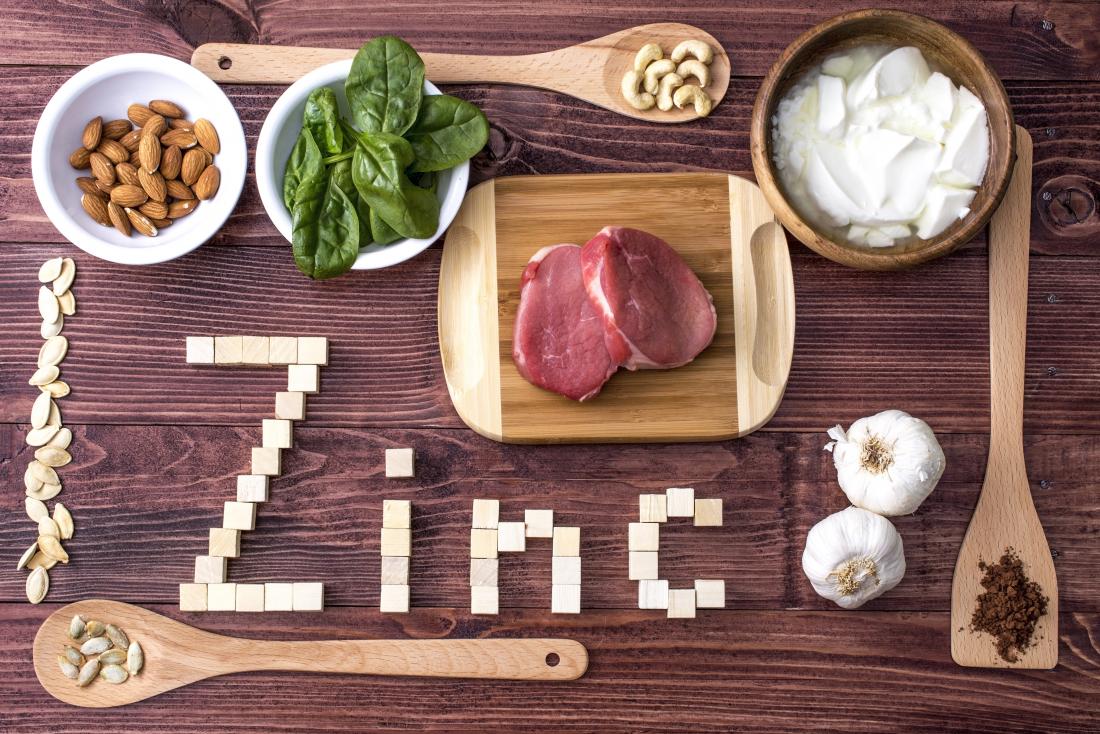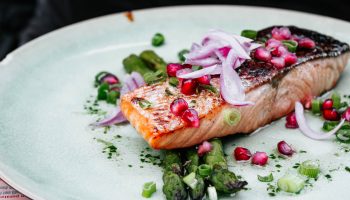What is the best way to build up your immune system?
In today’s world, the biggest threat to our health is not cancer or heart disease or even old age. No, the biggest threat to our health is a weak or non-existent immune system. Think about it: Without strong immunity, you are far more likely to get an infection, be poisoned by a toxic substance, or succumb to a minor medical procedure than you are to get cancer or heart disease or a truly major illness. In other words, a weak or non-existent immune system means a long, unhealthy life for you… and… a huge financial burden on your family and healthcare system.
Your immune system is like a finely-tuned machine that works constantly to keep you healthy and free of disease and infection. However, your immune system needs certain vitamins, minerals, trace elements and other “ingredients” in order to work efficiently. The most important of these ingredients are…
/the-best-vitamin-for-fighting-inflammation-4176859_FINAL-5c05c5f946e0fb0001fc46fb.png)
Vitamin C: This potent antioxidant plays a vital role in many of the body’s immune responses. Vitamin C is needed to produce antibodies that fight off viruses and bacteria, and it also helps the white blood cells in your immune system “recognize” and destroy invading microbes and viruses. Some scientists believe that a deficiency in vitamin C may increase your risk of getting the flu or another type of viral infection. However, most doctors agree that taking 400 to 1,000 milligrams per day (the RDA for adults is 75 to 90 milligrams) is enough to keep you healthy.

Selenium: This trace mineral is an integral part of several enzymes that play a key role in your body’s immune function. Selenium is especially important for people who are exposed to high levels of toxic substances on a regular basis. In fact, some experts believe that a lack of selenium in your diet may increase your risk of cancer, heart disease and other “non-infectious” illnesses. However, research indicates that a daily dose of 200 micrograms (mcg) or more is needed to prevent these health problems.

Zinc: Your immune system needs zinc in order to work properly. It’s needed to create white blood cells that fight off infection, and it also helps your body “regenerate” itself after an injury or illness. Zinc is also important for healthy skin and a strong sex life. Most people get enough zinc from the foods they eat, but many (especially those with a sedentary lifestyle) may become deficient. This can lead to things like recurrent infections, skin problems and even impotence. However, most adults need around 15 to 30 milligrams per day, and many experts recommend that women need about 20 milligrams more than men.
Vitamin D: This fat-soluble vitamin is essential for healthy bones, muscles, teeth, and the immune system. It also helps your body utilize calcium for building strong, healthy bones and teeth. Vitamin D is needed for the body to absorb calcium, which is needed for strong, healthy bones and teeth. Some research suggests that a lack of vitamin D may make you more susceptible to the cold and the flu. However, most doctors agree that most people in the U.S. get plenty of vitamin D from the sun, so you don’t need to take a supplement unless you are exposed to limited amounts of sunlight. The RDA for vitamin D is 600 international units (IUs) for infants, gradually increasing to 800 IUs for children, and 1,000 IUs for teenagers and adults. However, many experts recommend that all adults take 2,000 to 4,000 IUs per day to protect against disease and illness.
Omega-3 Fatty Acids: These essential fats are vital for healthy skin, brain function, and the proper development of your baby’s brain and eyes during pregnancy. Omega-3 fatty acids also have anti-inflammatory properties that may help prevent certain types of cancer. Some evidence suggests that a lack of omega-3s in your diet may increase your risk of prostate cancer. However, most scientists agree that a daily intake of 200 to 300 milligrams (the RDA) is enough to keep you healthy.

Flaxseed Oil: This potent fat is a rich source of omega-3 fatty acids and alpha linolenic acid (ALA), both of which are vital for immune system function. A study published in the Journal of Infectious Diseases found that eating ground flaxseeds (you can buy them in the bulk section of your local natural foods store) reduced the severity of the common cold by 50%. The RDA for ALA is 1,500 mg per day, but many experts recommend that all adults take 3,000 mg per day to get adequate amounts of this essential fat.
Herbs and Spices: Many people believe that herbs and spices have an “immune-boosting” effect on your diet. That’s because they contain certain volatile oils and other compounds that stimulate your body’s natural defenses. For example, turmeric contains curcumin, which has strong anti-inflammatory properties. Ginger contains gingerol, which stimulates your circulation and helps clean out your colon. Oregano contains carvacrol, which is an antioxidant that combats infection and fights off viruses. Some scientists believe that an “immunostimulant” diet (one that is rich in herbs and spices) may help prevent or treat cancer. However, there are some herbs and spices (like black pepper) that can actually stimulate your immune system, causing a



